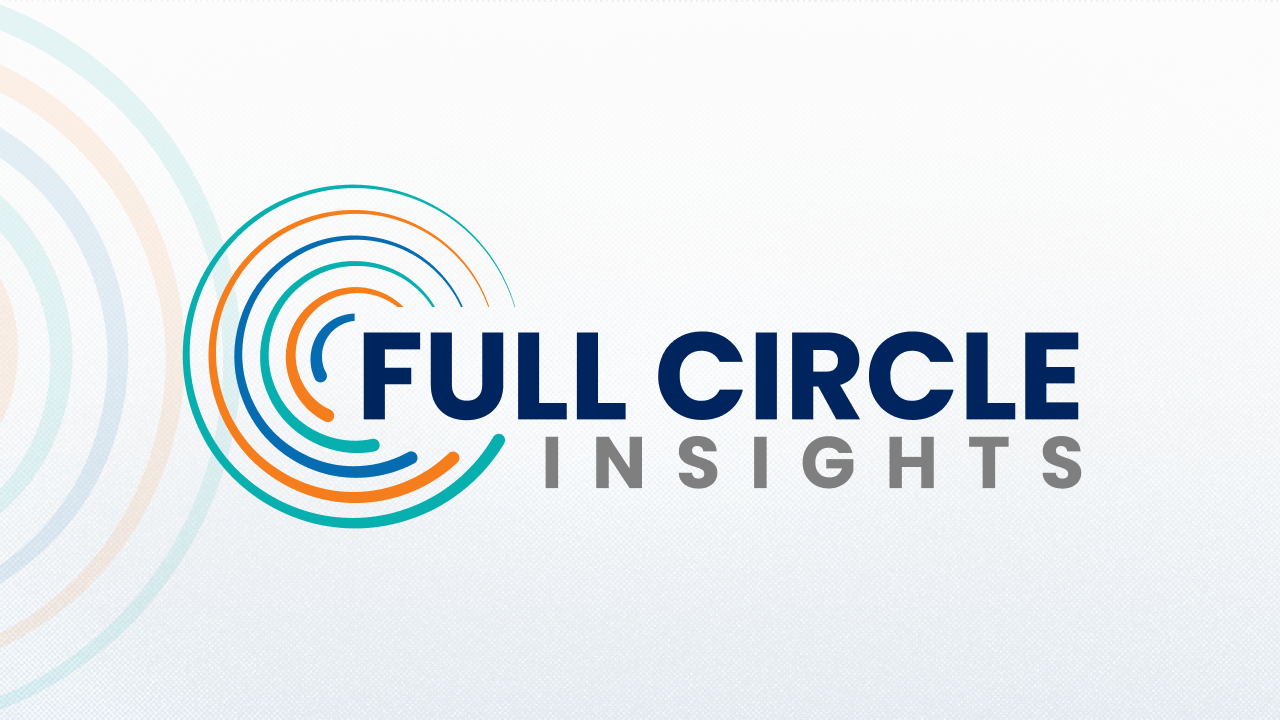Defining Digital Marketing Metrics


[et_pb_section fb_built="1" admin_label="section" _builder_version="4.16" custom_padding="14px|||||" global_colors_info="{}"][et_pb_row admin_label="row" _builder_version="4.16" background_size="initial" background_position="top_left" background_repeat="repeat" custom_margin="15px|auto||auto||" global_colors_info="{}"][et_pb_column type="4_4" _builder_version="4.16" custom_padding="|||" global_colors_info="{}" custom_padding__hover="|||"][et_pb_text admin_label="Text" _builder_version="4.24.0" background_size="initial" background_position="top_left" background_repeat="repeat" hover_enabled="0" global_colors_info="{}" sticky_enabled="0"]
Defining Digital Marketing Metrics
B2B marketers: are you doing more digital campaigns lately? If so, you’ve got company: many businesses have shifted spend from in-person events like lunch-and-learn gatherings to digital marketing campaigns due to lingering public health concerns. Tight budgets are another factor: digital campaigns tend to be less expensive, and if done right, they can be great lead generators.
A shift to digital highlights the importance of having robust digital marketing metrics capabilities. To succeed with digital campaigns, you’ve got to have a comprehensive understanding of how campaigns are performing in terms of engagement, cost, effectiveness and revenue so you can allocate spend efficiently to maximize lead generation and demonstrate marketing’s contribution to deals won.
Bridging the Digital Marketing-CRM Divide
To get digital marketing metrics right, you need a way to connect clicks from digital ad campaigns, social media channels and other digital marketing campaigns to leads inside the CRM system. That can be a challenge because digital point solutions generate their own metrics, which creates silos. The volume of digital interactions is generally too great to store in the CRM in raw form.
Full Circle’s Digital Source Tracker can bridge the divide between digital marketing metrics and the CRM. It has an architecture that stores raw digital campaign data, converting it to aggregate information that it sends to the CRM. This is critical because it allows marketers to get a big picture view of digital and non-digital marketing performance inside the CRM.
The Full Circle Method for Digital Marketing
Full Circle customers realize huge marketing efficiency gains by following the Full Circle Method, which is a data-centric framework to allocate spend more effectively. It’s a four-part strategy: planning, achieving, optimizing and evaluating. The Full Circle Method gives marketers a framework to make more effective plans, measure against goals accurately, improve performance and invest wisely.
Digital Source Tracker now has new dashboards that give marketers the power of the Full Circle Method for their digital marketing campaigns across four key performance indicators:
- Engagement: This dashboard connects the dots between digital offers and buyer actions, letting you know which campaigns buyers engage with and which aren’t working. It provides a comprehensive understanding of how buyers engage with campaigns and your site.

Full Circle Digital Engagement Dashboard
- Cost: A great budgeting tool, this dashboard lets you analyze costs to determine whether to cut or add campaigns and identify vendors that aren’t providing the ROI you need. The Cost dashboard shows digital campaign cost effectiveness in relation to non-digital campaigns.

Full Circle Digital Cost Dashboard
- Effectiveness: This dashboard shows how buyers are responding to campaigns, highlighting the most effective outreach. It allows you to track the impact of your full funnel digital marketing efforts in terms of pipeline and revenue.

Full Circle Digital Effectiveness Dashboard
- Revenue: The Revenue dashboard shows which digital marketing programs lead to opportunity creation and sales. It provides a granular look at the revenue impact of digital campaigns.

Full Circle Digital Revenue Dashboard
The ability to generate digital marketing metrics to determine the impact and efficiency of a full funnel digital marketing strategy is a gamechanger. Being able to quantify the pipeline and revenue impact of digital marketing campaigns inside the CRM is huge, and it can also facilitate better alignment with the sales and marketing teams. Find out more here.
[/et_pb_text][et_pb_cta title="Defining Marketing Attribution" button_url="https://fullcircleinsights.com/blog/marketing-attribution/" url_new_window="on" button_text="READ NOW" _builder_version="4.24.0" header_font_size="26px" background_color="#1C7E87" custom_button="on" button_bg_color="#ED7624" link_option_url="https://fullcircleinsights.com/blog/marketing-attribution/" link_option_url_new_window="on" hover_enabled="0" global_colors_info="{}" sticky_enabled="0"]
Read our latest Full Circle University SEO Series:
Defining Marketing Attribution
[/et_pb_cta][/et_pb_column][/et_pb_row][/et_pb_section]